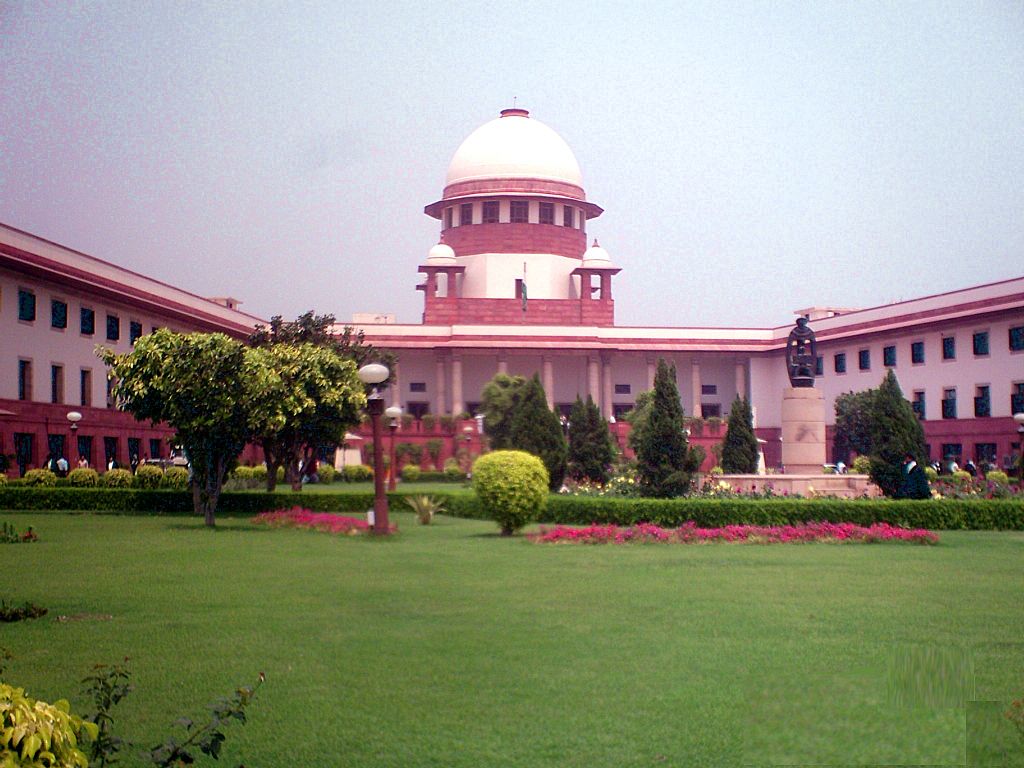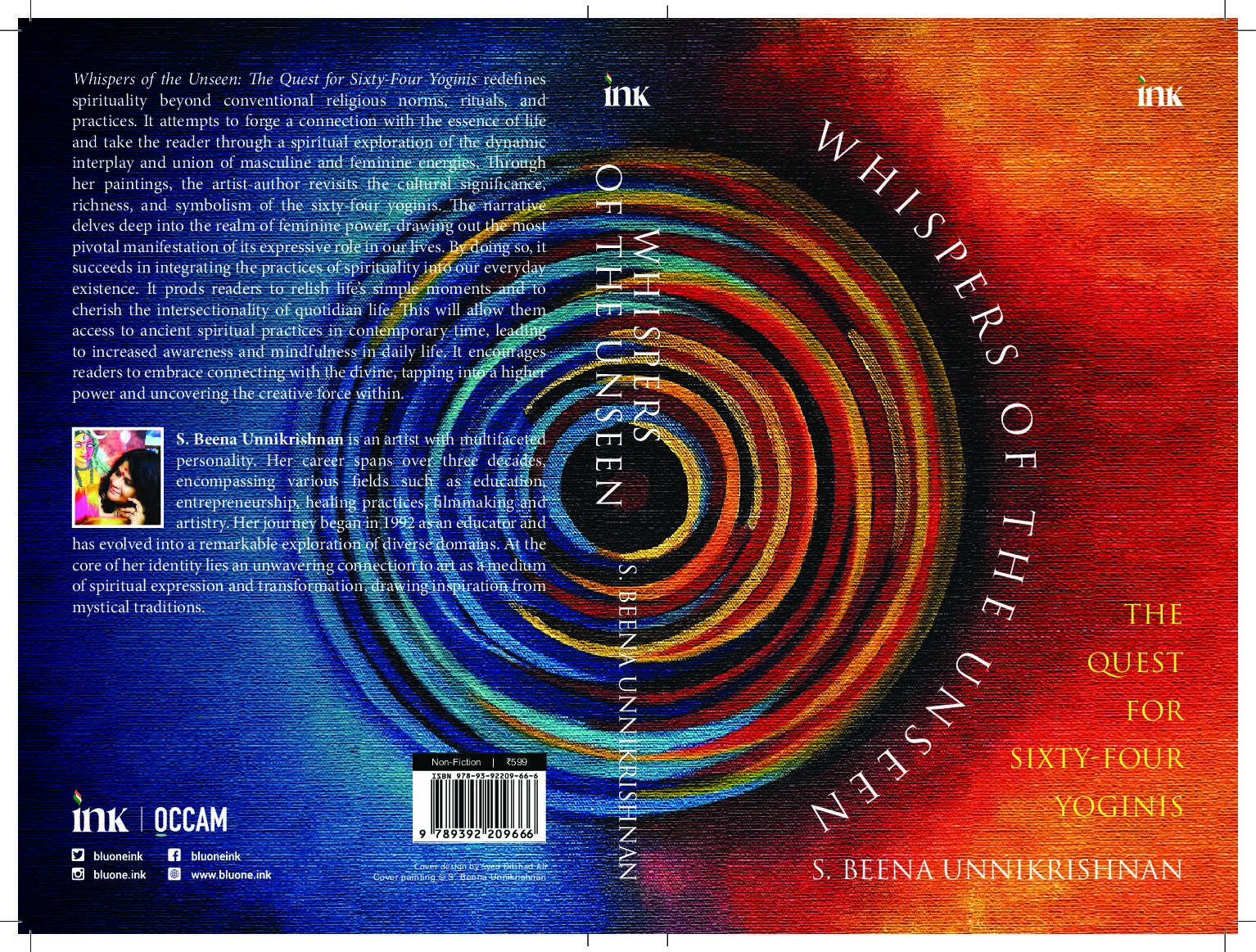SC error on defamation: Clash of rights
Ravi Shanker Kapoor | May 21, 2016 5:18 pm

A statement made by the Supreme Court while upholding the constitutionality of the current criminal defamation law is curious. And erroneous.
Bharatiya Janata Party leader Subramanian Swamy had challenged the validity of criminal defamation. In its judgment, the Bench comprising Justices Dipak Misra and Prafulla C. Pant said: “Reputation being an inherent component of Article 21 [the right to life and personal liberty], we do not think it should be allowed to be sullied solely because another individual can have its freedom… Therefore, the balance between the two rights [right to life and right to freedom of expression] needs to be struck. ‘Reputation’ of one cannot be allowed to be crucified at the altar of the other’s right of free speech.”
It is astonishing that the apex court has almost pitted the two fundamental rights against each other and has tried to balance them out. The attempted balancing is deeply flawed, and the flaw is the result of a philosophical error that political thinking and jurisprudence have been afflicted with since Independence. The error pertains to not taking the fundamental rights as seriously as they ought to be taken, not regarding them as what they are—inalienable—thus leading to their curtailment.
My contention is that fundamental rights ought to be regarded as inalienable, bestowed on us by either God (if you are a believer) or nature (if you are not). In either case, they are givens which cannot be taken away by a human instrumentality, be it a constitution, a law, a legislature, or a tyrant. Therefore, any abridgement of these rights is wrong. (This also means that even the so-called reasonable restrictions violate the spirit of the Constitution; by the way, these restrictions were not present in the Constitution which the Constituent Assembly had accepted. It was the intolerance of the then prime minister, Jawaharlal Nehru, which resulted in the First Amendment which enunciated the doctrine of reasonable restrictions. But that is another story).
Unless the fundamental rights are regarded as inalienable, attempts will continue to be made to restrict or even abrogate them. Not many people remember that, because of the non-recognition of this fact, we are already a fundamental right fewer—the right to property. This was the result of a battle that began as soon as the Constitution was enacted—a battle between fundamental rights and the Directive Principles of State Policy, which are also, unfortunately, part of the Constitution. Unfortunately because the Principles have been used to promote statist policies and curtail fundamental rights.
During the Emergency, the government abrogated all fundamental rights, including that of the right to life. What is even more unfortunate is the fact that, with the honorable exception of Justice H.R. Khanna, the Supreme Court concurred with the government decision.
The acceptance of fundamental rights as inalienable leads to two deductions. First, since fundamental rights are bestowed on us by God or nature, any conflict or disharmony between them is impossible to even conceive. Can our hands be in conflict with legs, liver with kidney, and so on?
Second, even if we accept the possibility of a conflict between our fundamental rights, the right to life cannot exist without the right to freedom of expression, and vice-versa. If reputation is an inherent component of Article 21, why can’t be the right to free speech, too, be its integral part? Without the right to freedom of expression, the right to life is meaningless. In Saudi Arabia, women have little freedom to express themselves in whichever way: free speech is anyway seriously controlled; women can’t even dress as they want to, go out alone, or drive. Without freedom of expression, the right to life is useless.
Similarly, what kind of life one can lead without the right to life? We need to remember that in the past the killing of a slave was often penalized. So, the plight of a person without the right to life is worse than that of a slave. The right to freedom of expression is of little value to such a person. This is the reason that the press in dictatorships is docile: the folks who don’t enjoy the right to life can never enjoy that of freedom of expression.
Can the court give a single example of sustainable enjoyment of the right to life without the right to free speech, and vice-versa?
In other words, just the listing of various fundamental or inalienable rights separately does not make them separate from or independent of each other; they are tightly intertwined. Therefore, it is not correct to set one against the other.































